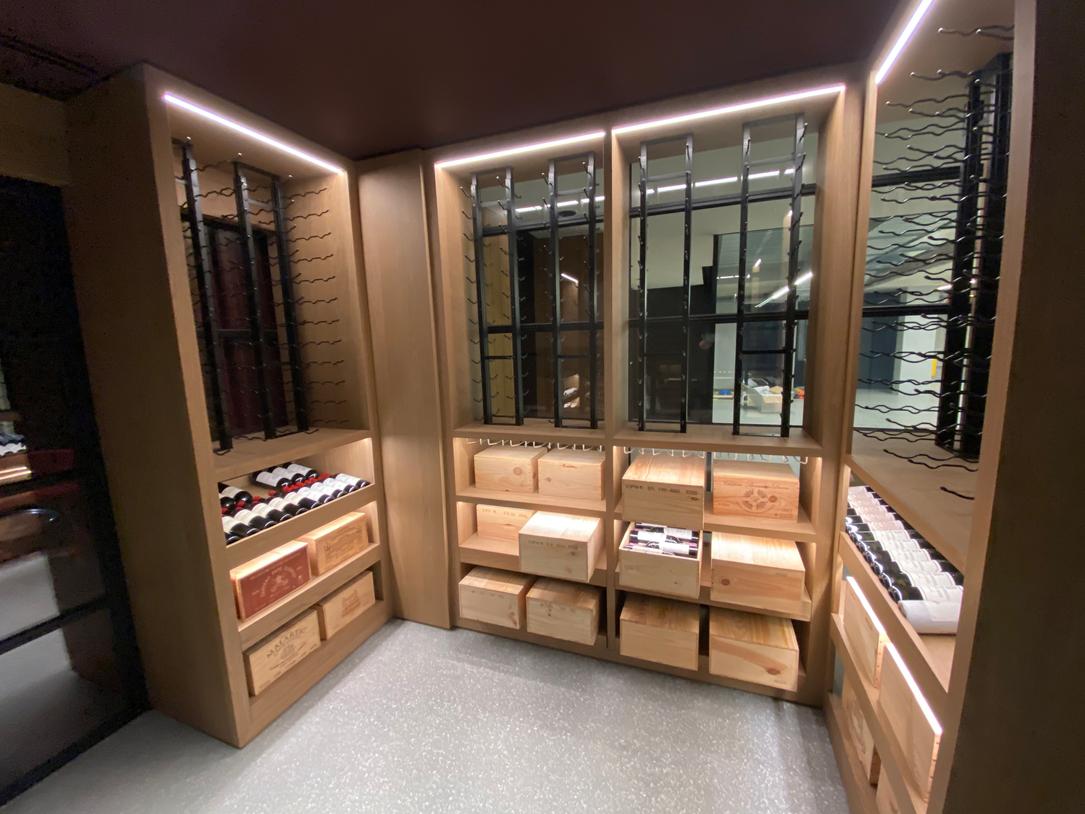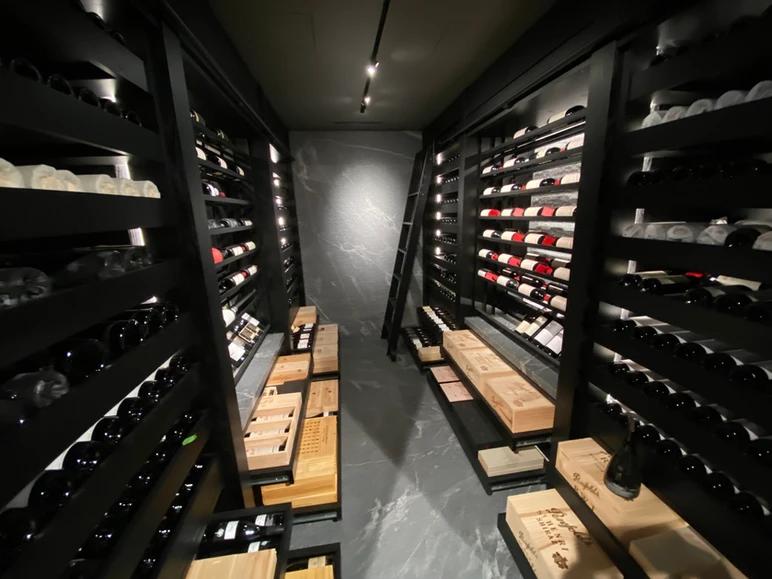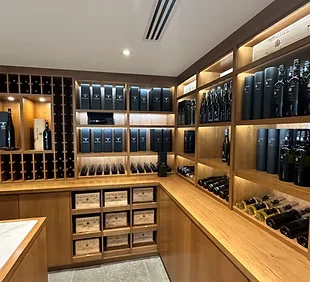
Preserving wine requires more than just a dark storage space. The environment must be carefully controlled to protect your collection from premature aging, oxidation, and flavor deterioration. This is where the Fondis Winemaster C25 becomes an essential investment for serious wine enthusiasts and collectors.
Understanding Wine Storage Fundamentals
Before exploring the capabilities of the Winemaster C25, it's important to understand what wine needs to thrive. Wine cellar temperature should remain consistently between 50°F and 59°F (10°C to 15°C), with minimal fluctuations. Equally critical is humidity, which should hover around 60-70% to keep corks moist and prevent oxidation.
Temperature swings and dry conditions are the enemies of fine wine. Even a few degrees of variation can accelerate aging or cause unwanted chemical reactions that alter taste profiles. The Winemaster C25 addresses these challenges with precision engineering.
Advanced Temperature Control Technology
The Fondis Winemaster C25 employs a sophisticated cooling system designed specifically for wine storage applications. Unlike standard air conditioning units, this specialized equipment maintains stable wine cellar temperature without the dramatic fluctuations that damage delicate wines.
The unit features a powerful compressor that works efficiently to combat external temperature changes. Whether your cellar faces summer heat or winter cold, the Winemaster C25 continuously monitors and adjusts to maintain your preset temperature. This consistency is crucial for wines that may be stored for decades.
What sets this system apart is its ability to provide gentle, gradual cooling rather than aggressive temperature drops. Rapid cooling can shock wine and disturb sediment in aged bottles. The C25's measured approach ensures your collection remains undisturbed while achieving optimal storage conditions.
Humidity Management That Protects Your Investment
Temperature control is only half the equation. The Winemaster C25 also regulates humidity levels to prevent common storage problems. Dry air causes corks to shrink, allowing oxygen to seep into bottles and spoil wine. Excessive moisture promotes mold growth and damages labels.
This unit incorporates humidity control mechanisms that work in harmony with temperature regulation. As the system cools the air, it simultaneously manages moisture content to maintain that crucial 60-70% humidity range. This dual-action approach creates the perfect microclimate for wine preservation.
Energy Efficiency and Quiet Operation
Modern wine collectors appreciate that the Fondis Winemaster C25 operates efficiently without consuming excessive energy. Its insulated design and smart compressor technology minimize power usage while maximizing performance. This means lower operating costs over the system's lifespan.
Noise is another consideration for wine cellars located near living spaces. The C25 runs quietly, ensuring your climate control doesn't become an audible distraction. You can check on your collection without being reminded of the mechanical systems protecting it.
Installation Flexibility and Long-Term Reliability
The Winemaster C25 offers versatile installation options for various cellar configurations. Whether you're building a new cellar or upgrading an existing space, this unit adapts to your architectural requirements while delivering consistent performance.
Durability is built into every component. Quality materials and robust construction ensure the system operates reliably for years, protecting wine collections worth thousands or even millions of dollars. Regular maintenance keeps the unit running at peak efficiency.
Conclusion
The Fondis Winemaster C25 represents a comprehensive solution for maintaining ideal wine cellar temperature and humidity levels. By combining advanced cooling technology with precise humidity control, this system creates the stable environment that fine wines demand. For collectors serious about preservation, investing in proper climate control isn't optional—it's essential for protecting the quality, value, and enjoyment of every bottle.




Write a comment ...